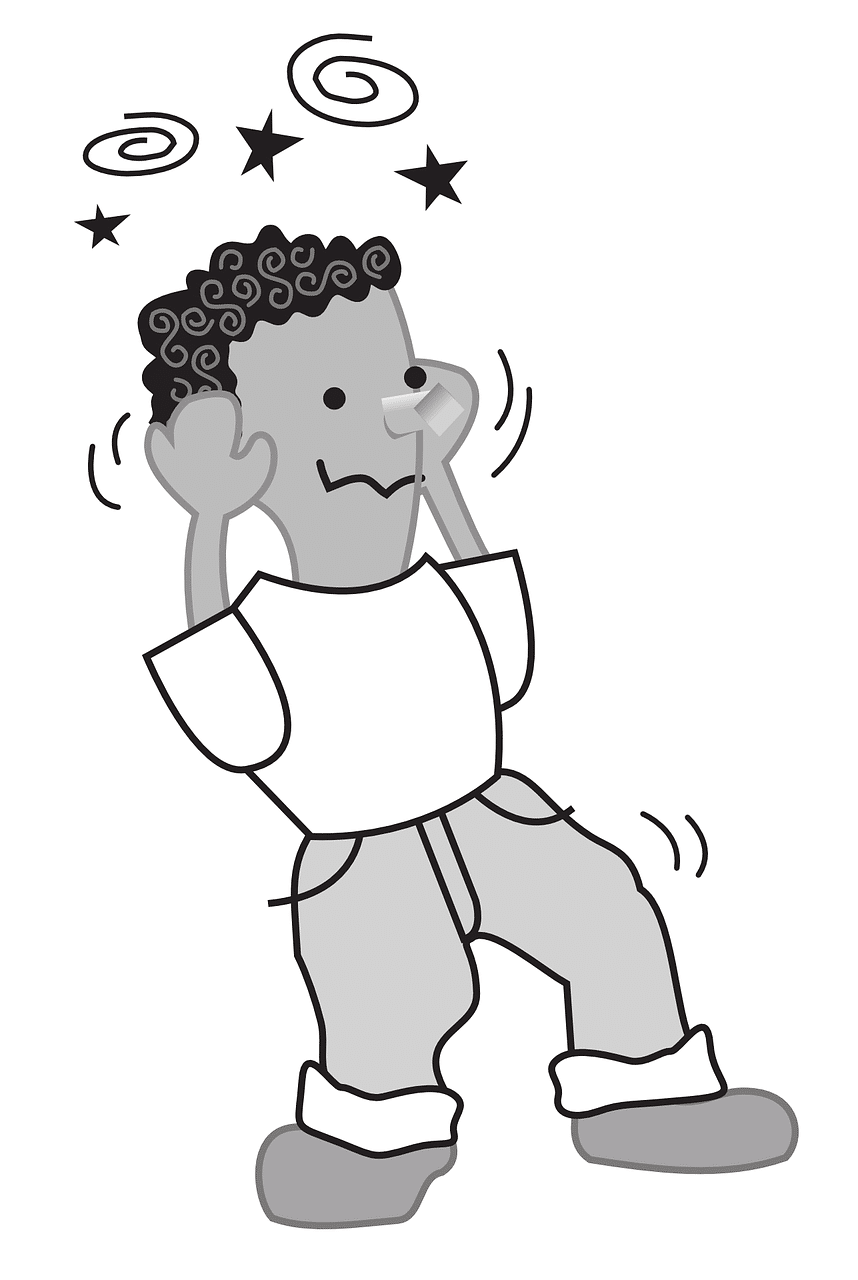
Vertigo affects balance.
Vertigo is a disorder of the sense of balance that is characterized by a feeling of lack of stability . The person who suffers from vertigo feels that objects are rotating around him or that he himself experiences a rotating movement of the body.
Vertigo - from the Latin vertīgo - can be accompanied by nausea, vomiting and other physical manifestations. Height , acceleration, lipothymia and certain psychological disorders (such as agoraphobia ) are some of the reasons that can cause vertigo.
Causes of vertigo
According to medical professionals, there are more than three hundred causes that can lead a person to suffer from vertigo. However, among the most common are ear infections, a major head injury, heart disease, brain tumors and even blood pressure outside established limits.
All of this results in the patient with said disorder having to deal with a series of symptoms of very diverse types such as dizziness, chest pain, seizures, fever or fainting.
Classification according to type
Central vertigo is known as continuous sensation without neurovegetative symptoms or auditory alterations. Multiple sclerosis, epilepsy , migraine, and some tumors and viral infections can cause central vertigo, which can be treated with rest, physical therapy, and drug treatments.
Peripheral vertigo , for its part, appears as a crisis of short duration and is usually accompanied by auditory manifestations and symptoms such as tachycardia and sweating. Sudden changes in position sometimes generate this vertigo.

There are people who feel vertigo when they are at high altitudes.
Treatments and recommendations for vertigo
Drugs and various exercises are part of the usual treatment that a medical professional usually establishes for his patients who suffer from vertigo. However, it is true that in the most serious cases of this disorder the solution is none other than surgical intervention.
There are many recommendations that are made to those who suffer from this disorder on a more or less regular basis and without it becoming a serious situation. Specifically, they establish that they have to avoid sudden movements and postural changes.
Likewise, when you are suffering from a moment of vertigo, it is advisable to stay still, rest and avoid looking at any type of light as this can cause a greater sensation of dizziness.
Other uses of the term
For medicine , vertigo can also be a sudden disturbance of judgment. In everyday language, on the other hand, vertigo is a quickening of the activity of a person or a community . For example: “The vertigo of life in the city makes us forget the most important values” , “In the vertigo of the competition, the player stopped talking to the press” .
“Vertigo” , finally, is a famous film directed by Alfred Hitchcock that was released in 1958 and received two Oscar nominations.
James Stewart yKim Novak son los protagonistas de esta producción, a medio camino entre un film de suspense y un drama, que gira en torno a la figura de un policía retirado que sufre de vértigo. Este, alejado del servicio, será solicitado para que se encargue de vigilar a una mujer de la que se enamorará.
